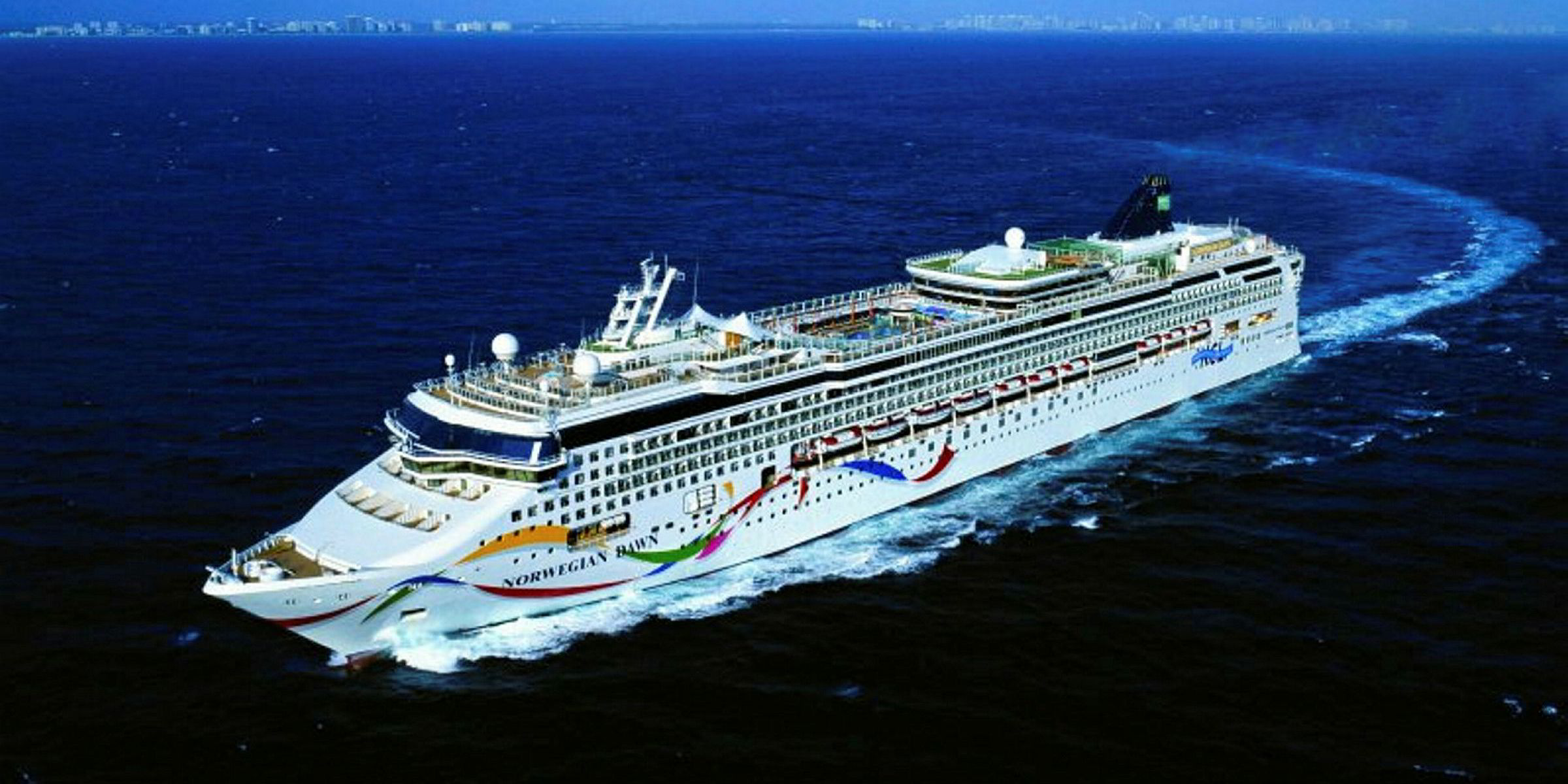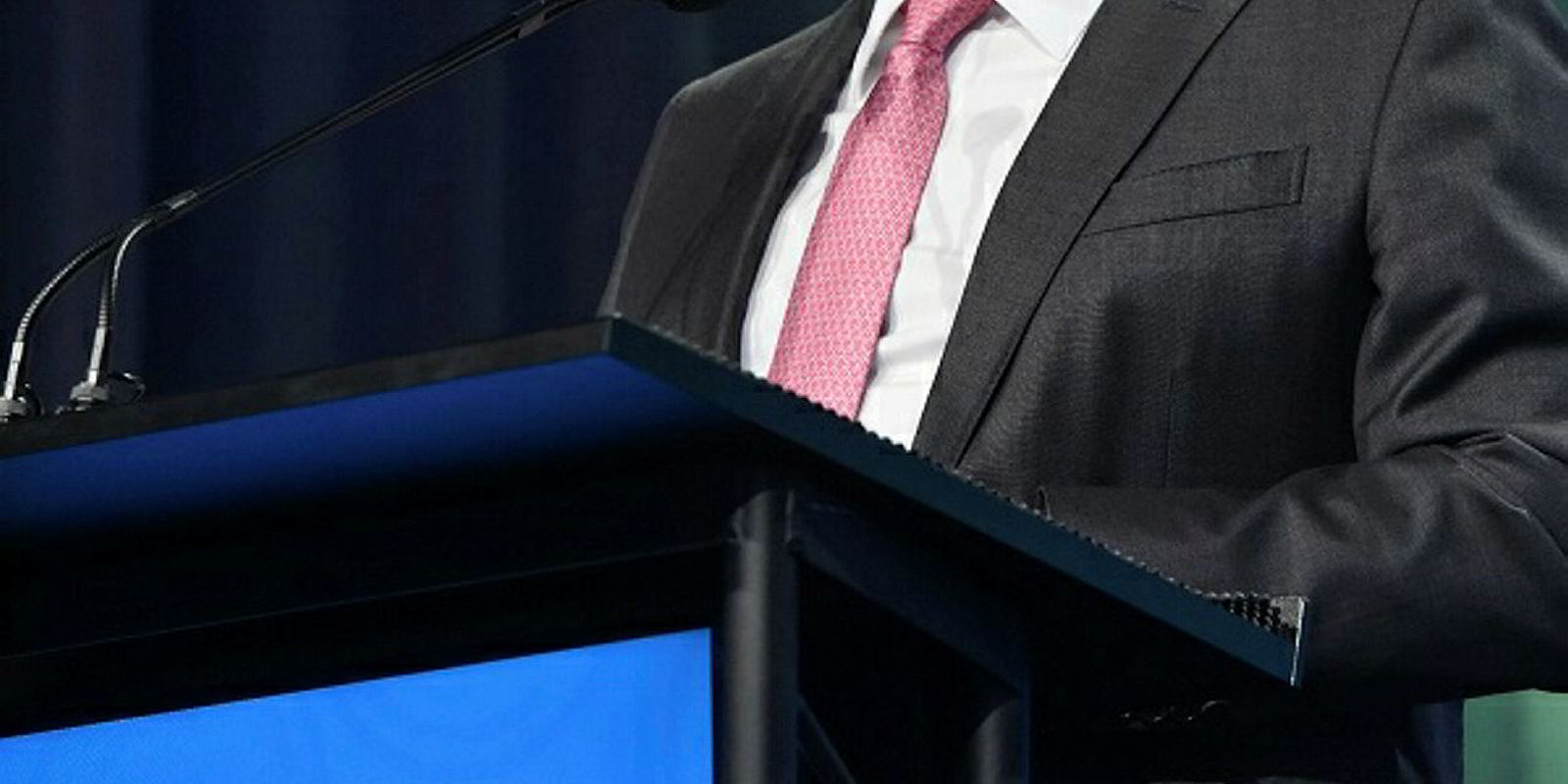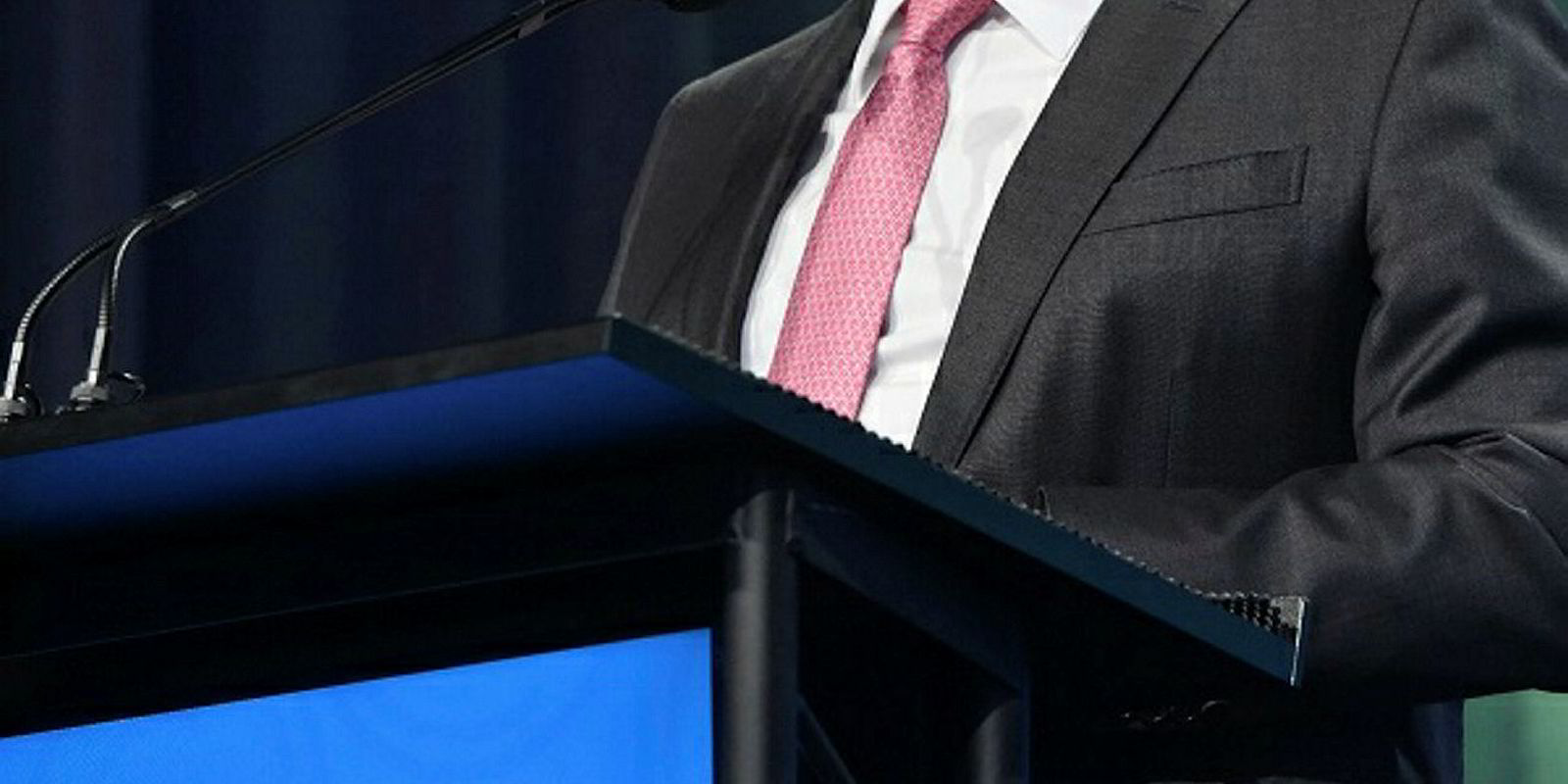Norwegian Cruise Line Holdings is looking mostly to exhaust gas scrubbers as the way to satisfy the International Maritime Organization's low-sulphur requirements set for 2020.
"We expect around 65% of our operational capacity in 2020 will have scrubber technology," chief executive Frank Del Rio said today during the company's first-quarter earnings call.
"And then thereafter we will in 2020 and 2021 have additional capacity coming online," he added, responding to a question from Goldman Sachs analyst Stephen Grambling.
By 2020, the IMO will require that ship exhaust's sulphur content be lowered to 0.5% from today's 3.5%.
Del Rio said Norwegian's legacy ships are being retrofitted with the technology, and all future newbuilds will have it as well.
He said the percentage ratio of high-sulphur fuel oil to lower-suplhur marine gas oil used by the company's 26 ships will switch to 40-60 from 70-30 in 2020.
Grambling asked Del Rio if some of his company's older ships would be forced into retirement in the face of costs associated with making them IMO 2020 compliant.
"No, I don't think so," Del Rio said. "We've spent quite a bit of money refurbishing our vessels."
He also said Norwegian has the youngest fleet in the industry and most of its deployments are to high-price destinations, resulting in high operating profit for the company.
"So, no, I don't see the price of fuel causing at least us any kind of accelerated retirements, not at all," he said.
Miami-based Royal Caribbean Cruises has said that it plans to install scrubbers on 60% to 70% of its 49 ships by 2020.
Carnival Cruise Lines, also headquartered in Miami, has scrubbers on 60% of its 103 vessels and has said it will have them on 80% by 2020.
But the Arnold Donald-led competitor, like other shipowners, is non-committal toward using scrubbers, MGO or LNG to reduce emissions — and may even go with something else.





